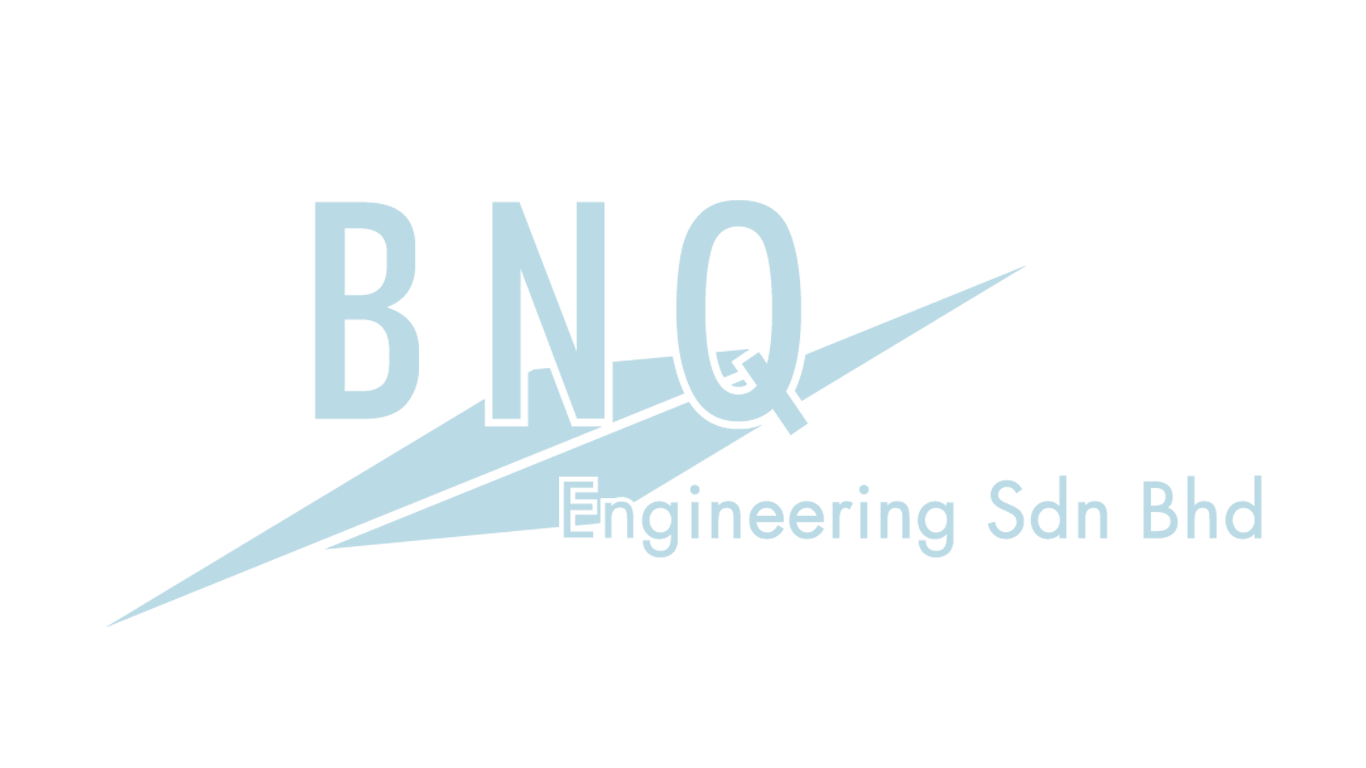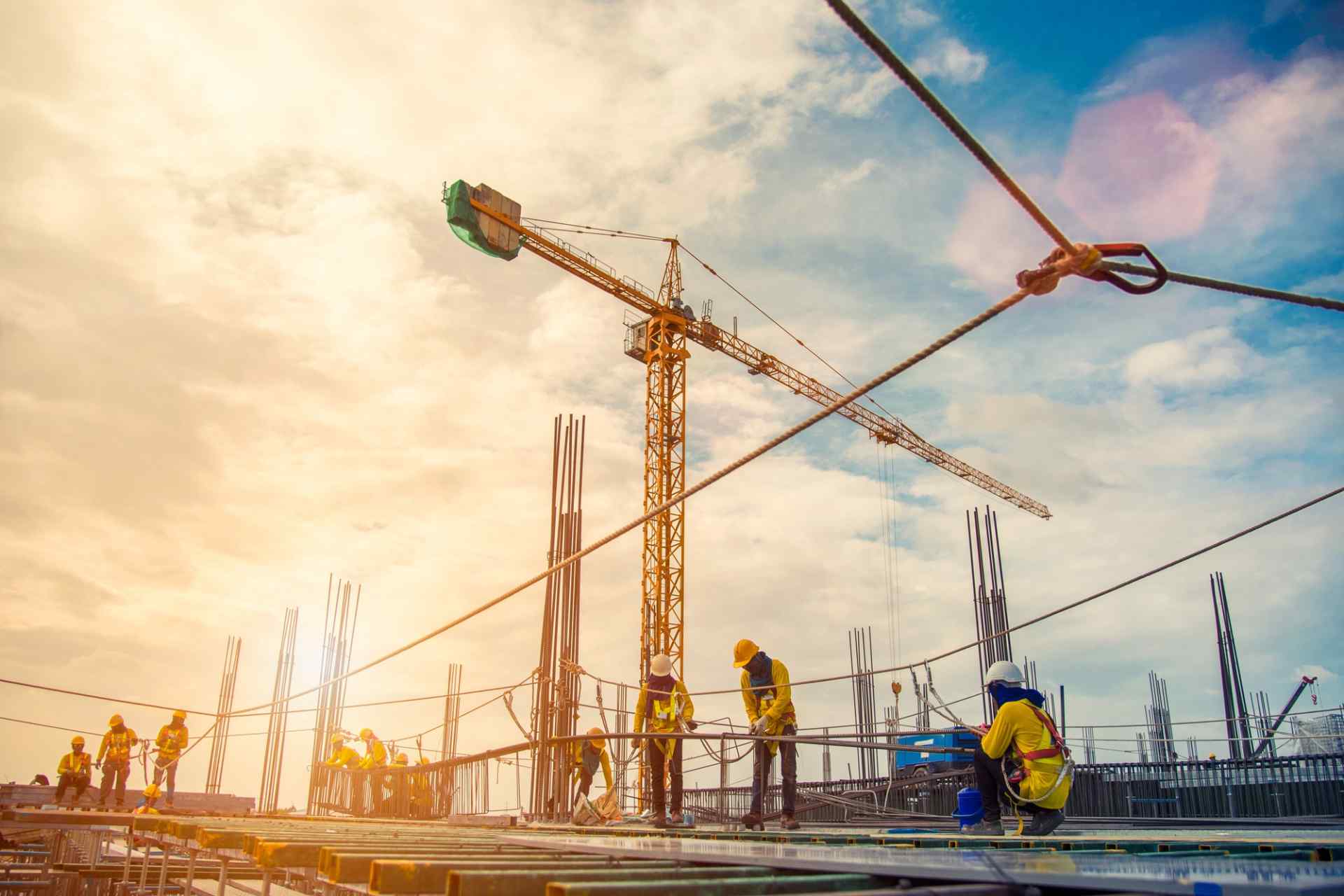In today’s fast-paced construction industry, digital tools and technologies are revolutionizing the way projects are managed, executed, and delivered. From enhancing efficiency and accuracy to improving communication and collaboration, digital tools are becoming indispensable in construction management. In this article, we explore how technologies like Building Information Modeling (BIM), drones, and the Internet of Things (IoT) are transforming construction management and driving better project outcomes.
Building information modeling (BIM)
Building information modeling (BIM) is a digital representation of the physical and functional characteristics of a building. It provides a comprehensive and collaborative platform for all stakeholders involved in a project. Key benefits include:
- Improved design accuracy
BIM allows for detailed and accurate 3D models that help identify and resolve design issues before construction begins, reducing errors and rework. - Enhanced collaboration
BIM facilitates real-time collaboration among architects, engineers, contractors, and clients, ensuring everyone is on the same page throughout the project lifecycle. - Better project visualization
BIM provides a visual representation of the project, helping stakeholders understand the design and make informed decisions.
Drones
Drones are becoming increasingly popular in construction management due to their ability to capture high-resolution aerial imagery and data. Their applications include:
- Site surveying
Drones can quickly and accurately survey large construction sites, providing detailed topographic maps and 3D models. - Progress monitoring
Drones can capture regular aerial images of the construction site, allowing project managers to monitor progress and identify any issues or delays. - Safety inspections
Drones can inspect hard-to-reach or hazardous areas, ensuring safety standards are met without putting workers at risk.
Internet of Things (IoT)
The Internet of Things (IoT) refers to the network of interconnected devices that collect and exchange data. In construction management, IoT devices can significantly enhance project efficiency and safety. Key applications include:
- Equipment monitoring
IoT sensors can monitor the performance and condition of construction equipment, helping to prevent breakdowns and reduce maintenance costs. - Environmental monitoring
IoT devices can track environmental conditions such as temperature, humidity, and air quality, ensuring optimal working conditions and compliance with regulations. - Worker safety
IoT wearables can monitor workers’ health and safety, providing real-time alerts in case of accidents or unsafe conditions.
Cloud-based project management software
Cloud-based project management software enables construction teams to manage projects from anywhere, improving communication, collaboration, and efficiency. Benefits include:
- Centralized data
Cloud-based platforms provide a single source of truth for all project data, ensuring consistency and accuracy. - Real-time updates
Project managers can access real-time updates on project status, budgets, and schedules, enabling timely decision-making. - Enhanced collaboration
Cloud-based tools facilitate communication and collaboration among team members, subcontractors, and clients, regardless of their location.
Augmented reality (AR) and virtual reality (VR)
AR and VR technologies are transforming the way construction projects are visualized and executed. Their applications include:
- Design visualization
AR and VR allow stakeholders to experience a virtual walkthrough of the project before construction begins, providing a better understanding of the design and identifying potential issues. - Training and safety
AR and VR can be used for training purposes, allowing workers to practice tasks and procedures in a virtual environment, reducing the risk of accidents and improving safety. - On-site support
AR can provide real-time, on-site support by overlaying digital information onto the physical environment, helping workers with complex tasks and installations.
Conclusion
Digital tools and technologies are transforming construction management, making projects more efficient, accurate, and collaborative. By leveraging BIM, drones, IoT, cloud-based project management software, and AR/VR, construction companies can improve project outcomes and deliver better value to their clients. At BNQ Engineering, we are committed to integrating these innovative technologies into our projects to drive excellence and achieve sustainable development.


